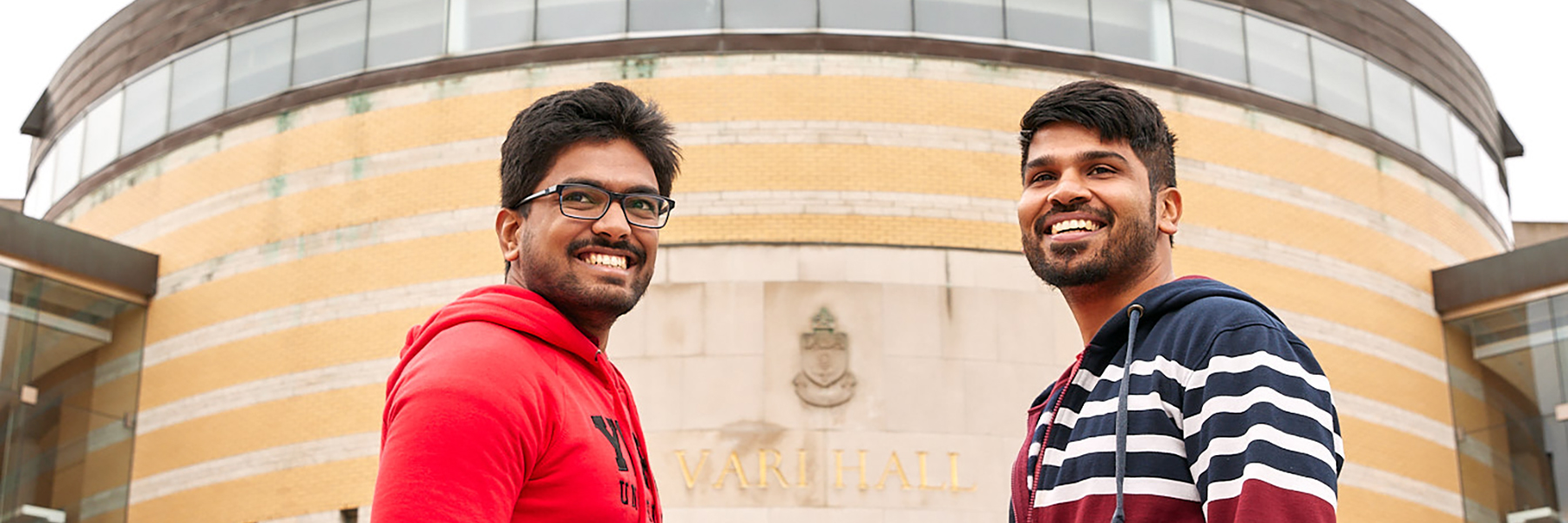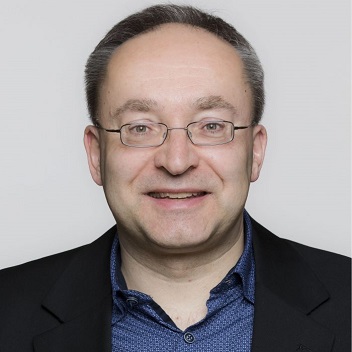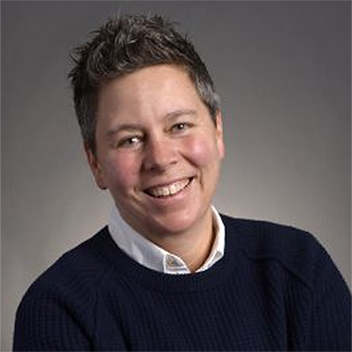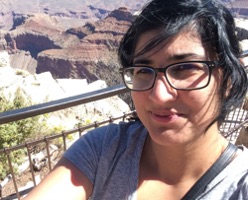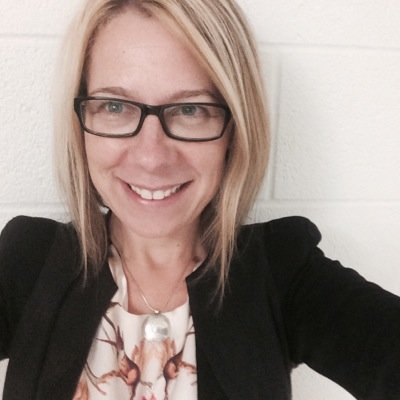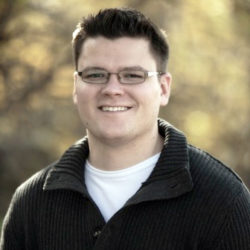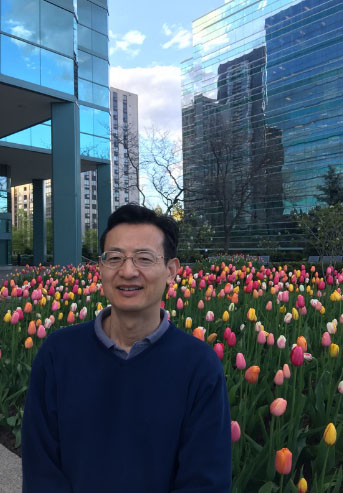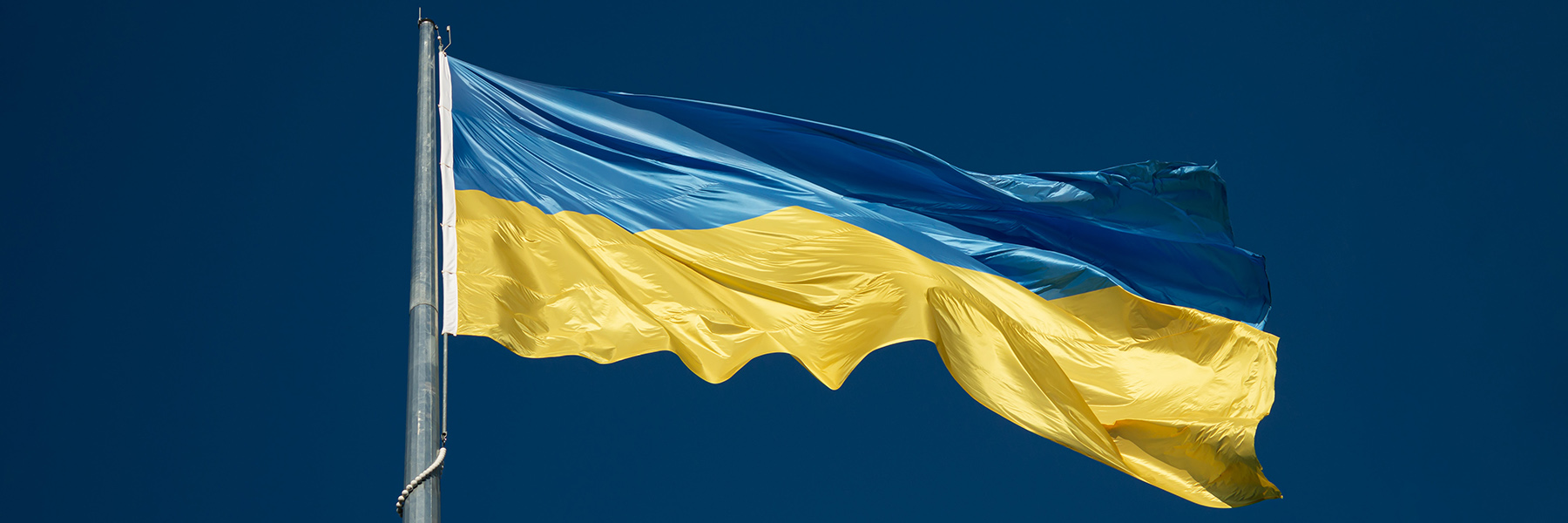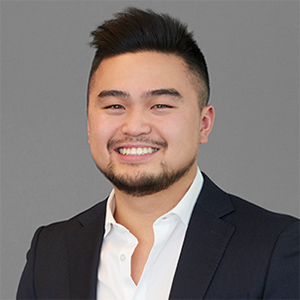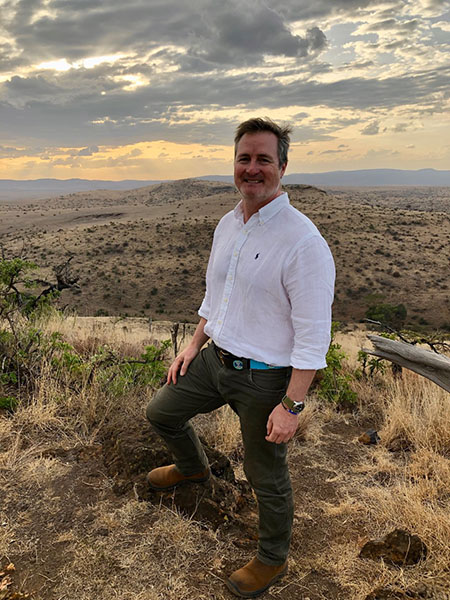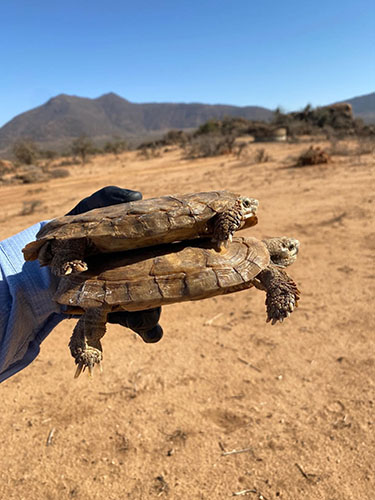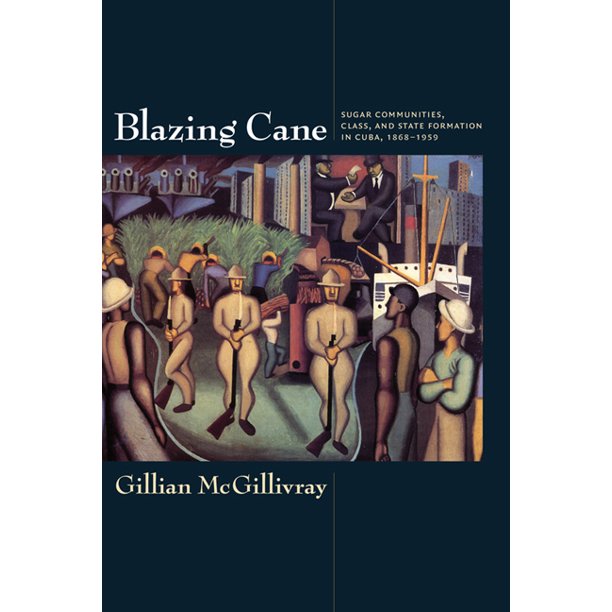York University has announced Sylvester Aboagye, Landing Badji, Leora Gansworth and Graeme Reed as this year’s recipients of the Provost’s Postdoctoral Fellowships for Black and Indigenous Scholars.
This important initiative supports up to four scholars annually in any field of study and provides the successful applicants with a salary of $70,000 annually for a two-year term.
“The University is committed to creating positive change and this means taking action on the principles of equity, diversity and inclusion. Our University Academic Plan prioritizes an inclusive higher education environment and these postdoctoral Fellows reflect that commitment. We very much look forward welcoming them to our community this year,” says Acting Provost and Vice-President Academic, Lyndon Martin.
The program’s aim is to address the under-representation of Black and Indigenous scholars in many disciplines and fields of research and associated careers. The initiative aims to address the lack of supportive mentorship and network-building opportunities available. Recipients of the fellowship are provided with collegial resources, supervision, mentorship and funded time to help them achieve their chosen career goals. The initiative promotes the inclusion, integration and nurturing of diverse backgrounds, knowledges and ways of researching, thinking, communicating and relating in order to provide equitable access to opportunities for emerging scholars.
Thomas Loebel, dean and associate vice-president graduate, believes that, “An inspiring part of this program is the window it provides on the great range and significance of scholarship and research undertaken by the applicants. This years’ Provost’s Postdoctoral Fellowship holders, each with a unique specialization and focus, are committed to conserving, caring for, and newly developing the world as comprised of sometimes simple, sometimes inordinately complex networks of organic and inorganic elements. Whether exploring energy efficiency, species and habitats, climate solutions, these scholars recognize the fundamental importance of an ecological approach to life in future times.”
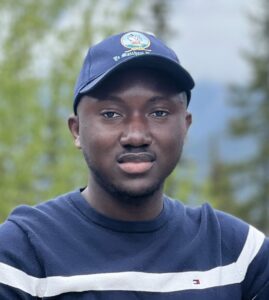
Sylvester Aboagye
Aboagye is completing his PhD in electrical engineering at Memorial University of Newfoundland. His stimulating research investigates how humans can improve the achievable data rate, coverage and energy efficiency performances of communication technologies. Specifically, his project focuses on wireless communication networks.
“For this fellowship, I will use optimization theory and machine learning tools to design communication technologies that operate in the terahertz and the visible light spectrum for the next generation of wireless networks,” says Aboagye. “Special thanks to Professor Hina Tabassum, a global leader in this research area, who will be my supervisor for this project at the Next Generation Wireless Networks research lab.”
During the fellowship, Aboagye will be housed with Lassonde School of Engineering.
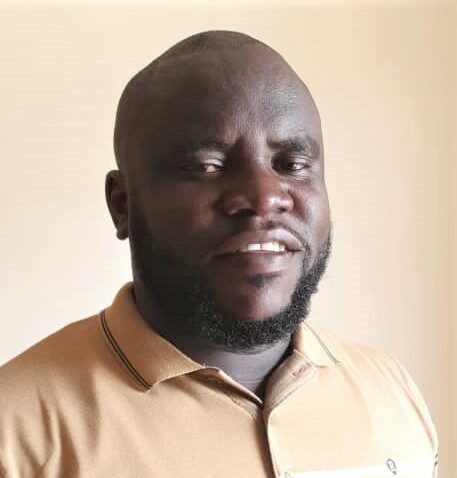
Landing Badji
Badji earned a PhD in ecology and ecosystem management from Cheikh Anta Diop University in Senegal. Badji’s cutting-edge research focuses on Chimpanzee self-medication, hormones and human-chimpanzee interactions.
“The Provost’s Postdoctoral fellowship will allow me to study factors affecting the health and behaviour of a critically endangered animal, the savanna chimpanzee, in its increasingly altered natural habitat,” says Badji. “I am looking forward to collaborating with Dr. Valerie Schoof in the Primate Behavioral Endocrinology Lab, and to work with someone who recognizes the importance of supporting scholars from primate-habitat countries in becoming research leaders.
During the fellowship, Badjo will be housed with Glendon.
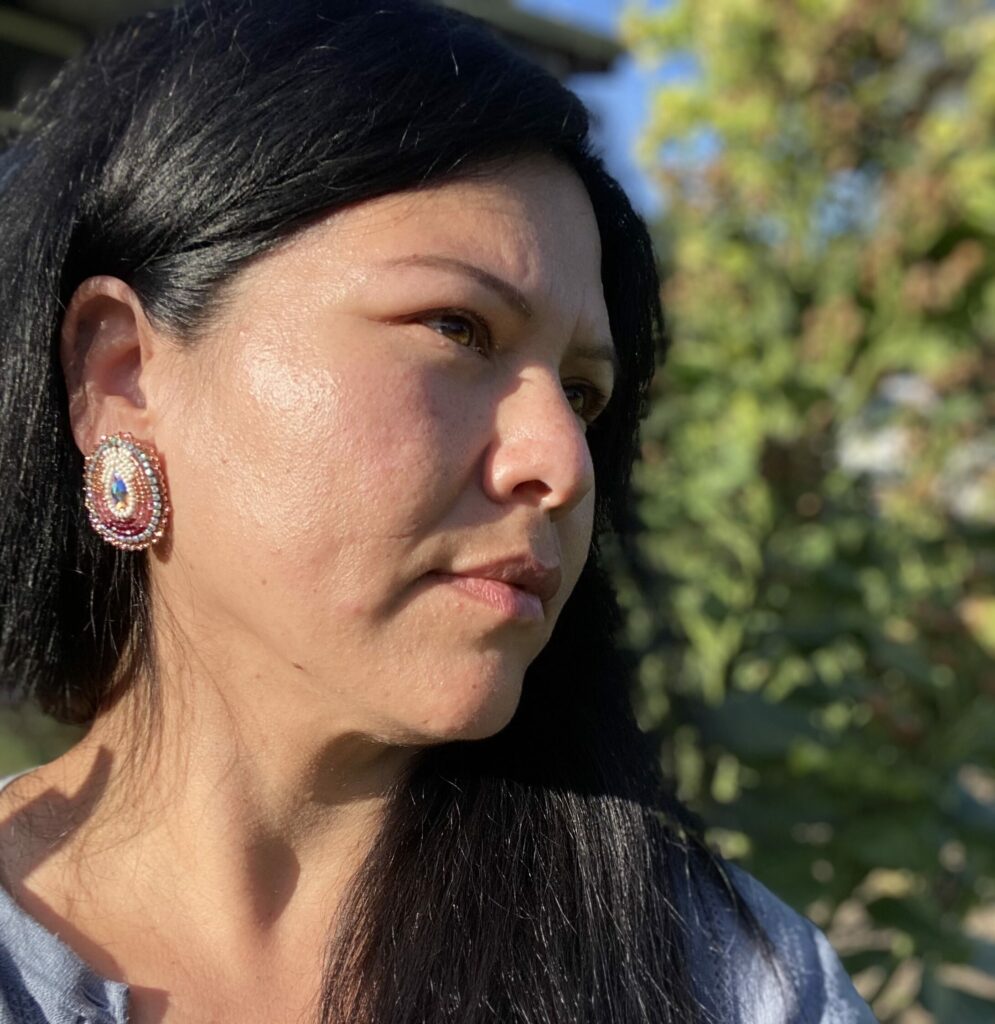
Leora Gansworth
Leora holds a PhD in critical human geography from York University. Her innovative project investigates the environmental health priorities in the Algonquin territory.
“I am so thankful to join the Center for Indigenous Knowledges and Languages as an incoming postdoctoral Fellow. Chi Meegwech/gratitude to Dr. Deborah McGregor, the Osgoode Hall Law School, and the many others who have made this opportunity possible,” says Gansworth. “My research will continue to investigate environmental health priorities as determined by Indigenous Peoples. I am especially interested in working with those who continue to seek mino-bimaadiziwin, a good way of life, in reciprocity with all our relations, and an emphasis on restoring kinship with migrating eels.”
During the fellowship, Gansworth will be housed with Osgoode Hall Law School.

Graeme Reed
Reed is a PhD candidate in rural studies at the University of Guelph. He will be advancing his work on Indigenous visions for self-determined climate solutions by working with the Center for Indigenous Knowledges and Languages (CIKL) catalyst project “Indigenous Climate Leadership and Self-Determination Futures.”
“This work is my commitment to deconstruct the dominant assumptions underlying colonial systems of climate solutions to advance solutions grounded in our knowledge systems, legal orders and governance practices,” says Reed. “I’d like to send a chi-miigwech to Profs. Deb McGregor and Angele Alook to agree to walk with me in this journey. I’d also like to send a chi-miigwech to all those Indigenous experts who have walked with me on this path, as well as all those Elders, women, youth, leaders and academics who shared their insight with me.”
During the fellowship, Reed will be housed with CIKL.
McGregor, director of the Centre for Indigenous Knowledges and Languages, says “CIKL is looking forward to working with both Reed and Gansworth as part of this fellowship program. Their work is timely, original, and important and will make great research contributions. We look forward to supporting them with their academic and community-oriented objectives.”
Learn more about the Provost’s Postdoctoral Fellowships for Black and Indigenous Scholars at York University by visiting the Faculty of Graduate Studies’ website.



